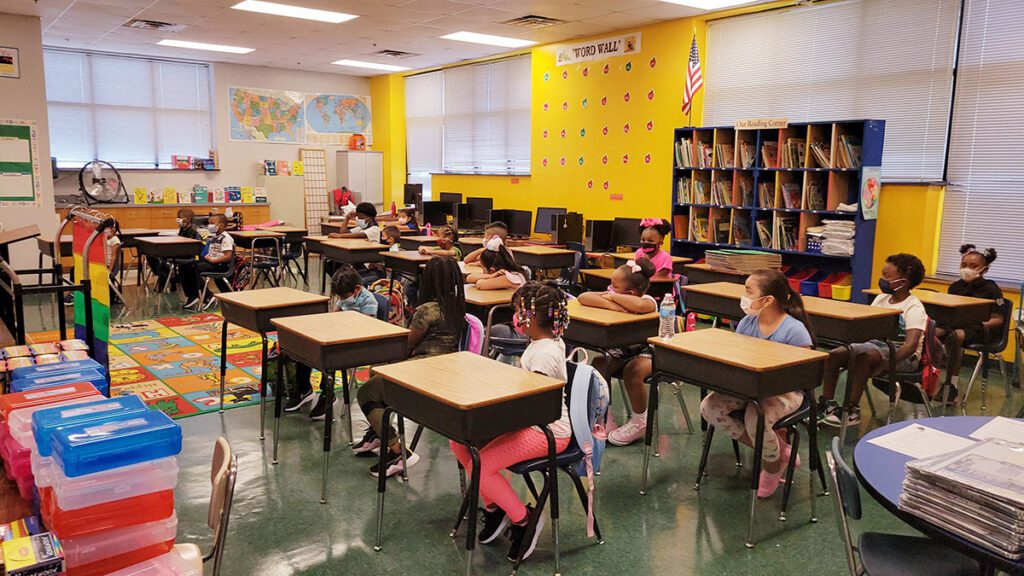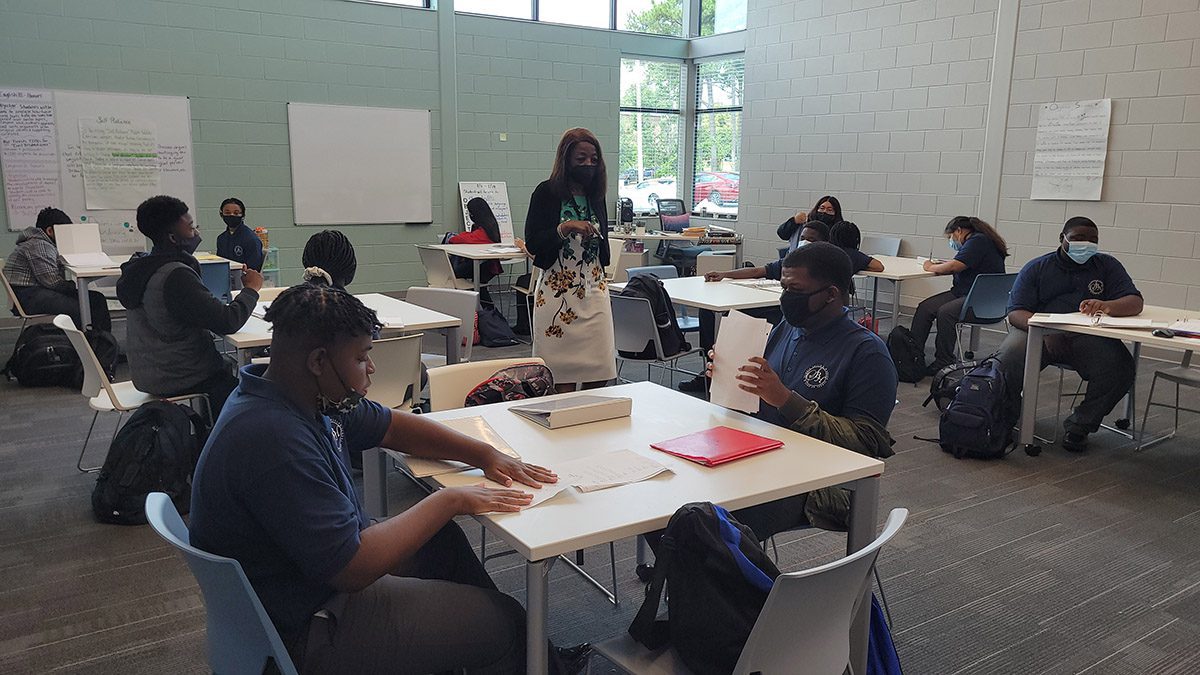Charter schools and private schools are frequently thought to fall within the same educational category, because both are alternatives to the traditional public school system. While they both offer K-12 education, they have several distinct differences. We’ll discuss what a charter school is, how it differs from private schools, and why the option to choose a school can strengthen children’s educational success.
Difference Between Private and Charter Schools: The Funding Divides
Funding is one of the biggest differences between charter and private schools. Charter schools are open to the public. They are funded by federal and state governments, so they are operated independently of local school districts and are free to attend.
Private schools, on the other hand, are funded by private organizations or individuals and don’t receive government funding. Rather, they rely on tuition, grants, and donations to operate. This means that each student’s guardian must pay a set tuition or rely on a scholarship to attend a private school.

Private vs. Charter Schools: The Admissions Process
Another reason charter schools are a great option for students is that they have less rigorous admission requirements than private schools. Private schools often require testing before being accepted, while charter schools are geared to serve students of varying academic levels.
Requiring both a specific educational background and tuition for admission often leads to a less diverse student population in private schools compared to public charter schools.
Charter schools have greater flexibility in academic approaches and teaching models than traditional institutions. Yet, they still must follow federal education laws, uphold agreed-upon charters and meet similar academic standards.
The Role of Religious and Political Influence
Many private schools are affiliated with religious groups, churches, or political organizations and often operate within the classroom in practice with related beliefs. In contrast, charter schools are legally bound to keep admissions policies, hiring and programs free of such influences. Being free of the influence of outside groups gives charter students and instructors more freedom of choice.
The Benefits of Having School Choice
Speaking of having choices, public charter schools were created with that very idea in mind. Initially, their intent was to create educational environments with a more diverse student body. However, the enactment of school choice policies has evolved tremendously to benefit students, parents, teachers and the community as a whole.
School choice permits students to use funding for public education to attend schools that best fit their needs. With charter schools dealing with less bureaucracy than traditional public schools, they can spend more time and energy into supporting student growth and academic standards.

Empower Your Child: Use Freedom of Choice in Education
Public charter schools value giving parents and students the ability to choose their path to educational success. Whether your child wants a rigorous academic environment or is highly focused on a specific area of interest, consider enrolling them in a tuition-free, public charter school such as Sallie B. Howard School of Arts & Science.



